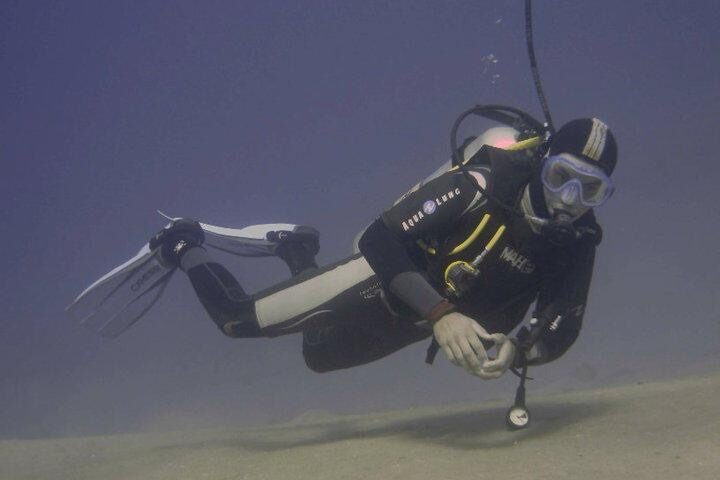Hidden in the arid mountains of Jabal Samhan is Mirbat. Overlooking the ocean, the small town was an ancient center of trading horses, glorious past of which the small town keeps alive the memory through two equestrian statues on the sides of the road that bring tourists and locals in its now desolate downtown. “Mirbat” in Arabic means connection, to resume its key role in the local tradition that has made it famous throughout the Arabian Peninsula.
Little remains of this heroic past. Since the beloved and revolutionary Sultan Omanita Qaboos bin Said in the 70’s granted, insisted on and supported the construction of living quarters that respected the standards and norms of modern times, the previous dwellings, obsolete and decaying, were abandoned, collapsing on themselves in the silence of the desert, becoming today a tourist attraction and a memory of a distant past. In the new Oman and the new Mirbat, new horizons have opened for locals, who in a short time have learned to embrace new lifestyles, giving rise to new life and business projects.
Famous for its colourful seabed, Mirbat soon became the nerve centre of scuba diving in Oman. Diving centers are soon born one after the other along the low and sandy coast, giving rise to a real movement of transformation and regeneration of the territory.
It is in one of the local dive centers that we meet the manager and founder of ABT Divers, Rabei Ali.
Meet Rabei
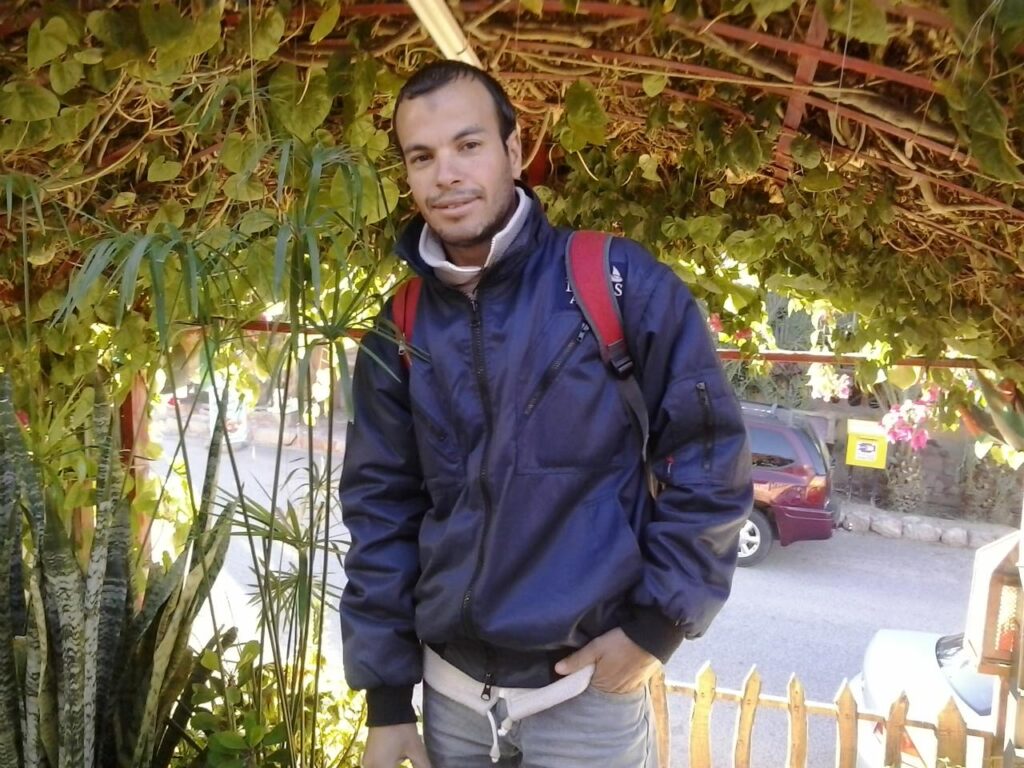
Sitting at the desk of the bright office in the center sits Rabei. He is a man of little more than forty years, young but still calm, composed, almost wise. Knowing Rabei is an honor for few: he’s a man of heart, who balances his words with parsimony without ever going over the edge in rude, intrusive or embarrassing comments. Rabei seems like a person you can trust.
Rabei was born in Mansura, the most flourishing and green area of northern Egypt. Soon he feels that his hometown is close to him, and as soon as the opportunity comes, he decides to leave his homeland to discover a new life in Jordan. At the age of 20, he reaches Aqaba, the southernmost seaside town in the Arab country. Overlooking the homonymous gulf, not far from the Red Sea, Aqaba is a meeting point between the Egyptian city of Taba, Eilat and the Saudi city of Haql.
Here, Rabei begins to work, spending several months discovering new positions in the world of tourism and between Aqaba and Taba, until he comes into contact with the world of diving and scuba diving.
A call from the sea
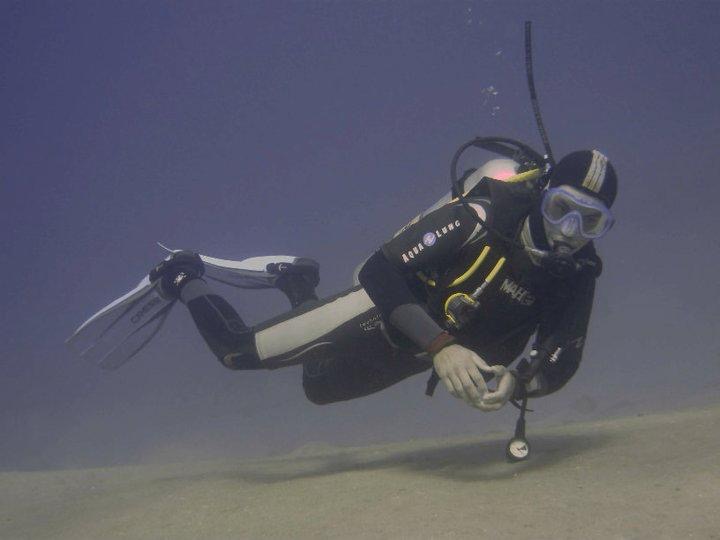
Rabei had always been passionate about sea life, so much so that he even wanted to get himself a Seaman’s book, or as he calls it, Seaman Passport, to work a marine position. Also known as the Seaman’s Identification Record Book, the “Seaman’s book” is in fact a form of identification and record book issued by foreign flag states that allows the mariner to record the sea time when working on the flagged vessel. The book would’ve allowed him to work on a ship, or in the marina, allowing him to fulfil his greatest dream of living by, for and through the sea. Unable to afford it, he however decided to try diving instead, supported by the help of his coworkers.
Diving into a New Passion
“Once I started, there was no turning back. I was hooked.”
Rabei’s passion for the sport was undeniable, and he quickly fully immersed in its new hobby. He threw himself into training, earning certification after certification, and improving his skills at an impressive pace. Devoting every spare moment to his newfound passion, Rabei’s hard work, dedication, and relentless practice paid off: within just six months, he achieved the status of Dive Master.
Step after step, dive after dive, in 2010 Rabei became a diving instructor.
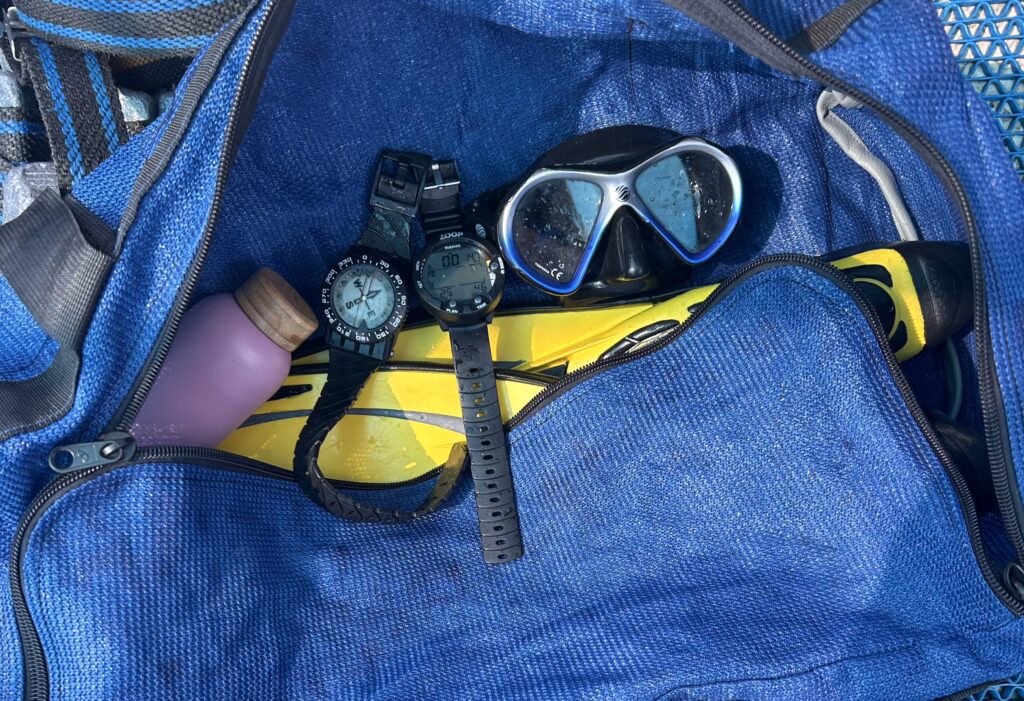
The year everything changed for Egypt and its tourism
In 2010 Rabei was working for a Jordanian company on the Egyptian coast of the Gulf of Aqaba, in Taba. His work however took a turn when, at the end of the same year, a period of riots took Egypt and several countries in North Africa and Middle East by storm.
Inspired by the so called Tunisian Jasmine Revolution, starting in December 2010, youth groups, largely independent of established opposition parties, started organising demonstrations in Egypt in opposition to the regime [Britannica]. Demanding free elections and democracy, the uprising called for President Ḥosnī Mubārak to step down immediately, leading to the leader to respond with violence against protesters. Thousands of people were injured, with estimates ranging from 6,000 to 10,000; over 800 were killed during the 18 days of protests that led to Mubarak’s resignation on February 11, 2011.
The Supreme Council of the Armed Forces, a council of high-ranking military officers headed by the minister of defence Mohamed Hussein Tantawi, took control. Multiple new presidents then followed, until stability was reached when in June 2014, Abdel Fattah el-Sisi, who had been the head of the Egyptian military and played a key role in Morsi’s ouster, won the presidential election and became the official president of Egypt.
Landing in Oman
The instability that followed the uprising and consequent creation of a new government led Egypt’s economy and tourism to an economic downfall. With less investments and a sense of lack of security, Rabei left Taba entirely, and not long after, following the advice of a friend, Rabei moved to the region of Dhofar in Oman.
After an initial period of disapproval due to the multiple disagreements in terms of management and worker respect, a disappointed Rabei briefly returned to the country that had formed him, spiritually and physically: Jordan. There, he had always felt safe and welcome,
I wish I could go back. If I had the chance, I’d fly to Jordan tomorrow morning.
He returned to the Dhofar Omanita only after renegotiating the terms of his work, eventually deciding to open a new dive center.
Opening a diving centre in Mirbat, Salalah, Oman
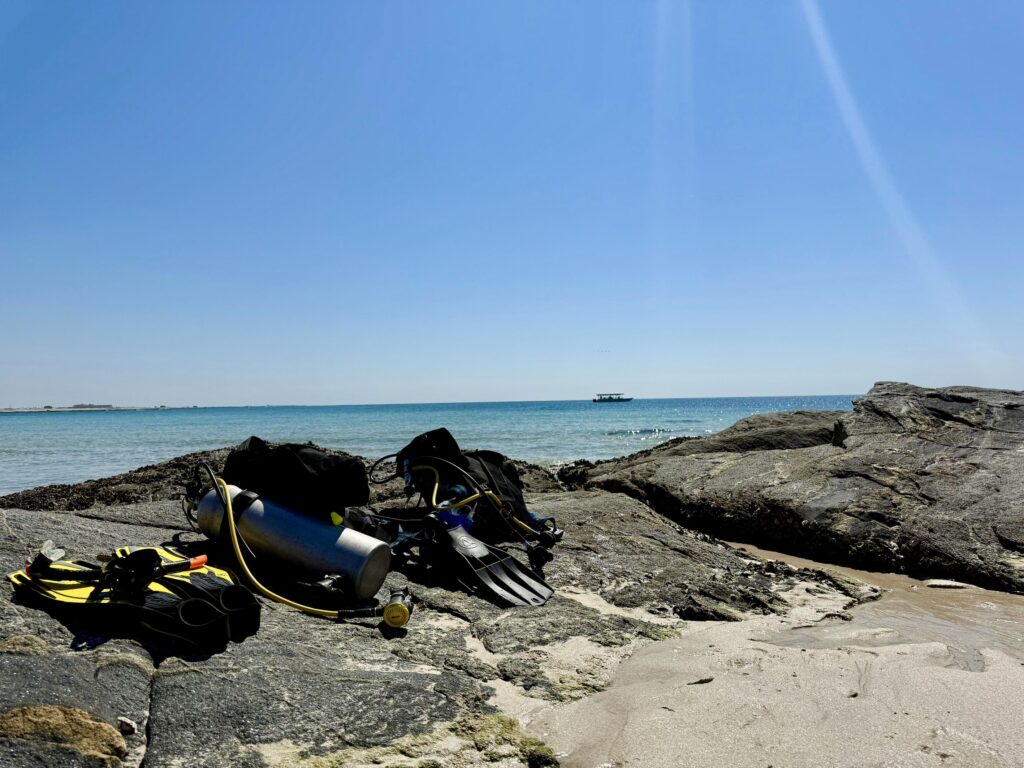
Every morning Rabei leaves his home in Al-Saada district (Salalah), driving all the way to Mirbat with his cup of Karak tea firmly safe in the pocket of his car.
In 2016, collaborating with a partner from Taba, he founded ABT Divers, a company dedicated to diving and sea sports and activities. Spread among the three main cities of the Dhofar region – Salalah, Mirbat and Taqah – the centre soon gained success, and is now one of the most prolific and appreciated in the entire country.
Three countries, one home: Aqaba
“I love Jordan as if it were my home. I am here physically, but with the spirit I am there in my Aqaba. My body, my heart and my soul are in Jordan”
Due to family issues and work, Rabei couldn’t return home almost 10 years. He is however currently planning on visiting Jordan this summer, driving for a month through the Arabian Peninsula, heading to Egypt and stopping in Aqaba.
I don’t care about the weather. Hot or cold, this summer I’ll go to Jordan.
Aqaba is a small town, mostly known for its diving spots, drawing visitors from all over the world. Three days are usually enough for a tourist to explore the town’s highlights, but for Rabei, a lifetime wouldn’t be enough.
Jordan gave me everything. I started from zero. Zero to hero, as they said. There, in five years I became the highest professional diver in Aqaba, surpassing even my mentors and teachers.
Rabei is humble enough not to underline the effort he put to reach that position. However, he admits that the people in Jordan loved and supported him enough to push him to that position.
Emotionally and physically, I love that country. It gave me everything. And I’ll return home at some point.

